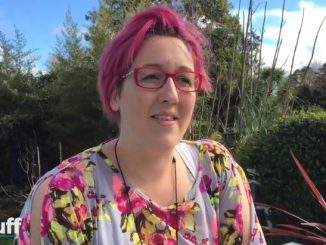
Results of Parent-led Religious Instruction survey at Wellsford School
Last year, I wrote about some parents who were complaining about religious instruction at Wellsford School. They carried out a survey, which was ridiculously biased […]

Last year, I wrote about some parents who were complaining about religious instruction at Wellsford School. They carried out a survey, which was ridiculously biased […]
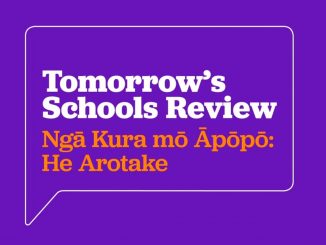
In 1989, there was a massive overhaul of our education system called Tomorrow’s Schools, which shifted most financial and administrative responsibilities for managing schools to […]
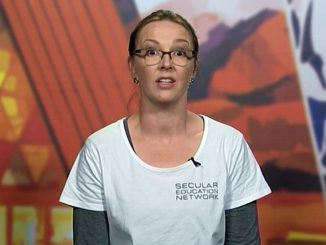
If you want to petition the board of trustees at your school for changes to religious instruction, this letter from Tanya Jacob of the Secular Education Network would be a good place to start. School boards often don’t understand the issue and are reluctant to make changes that will create complaints without support from parents.
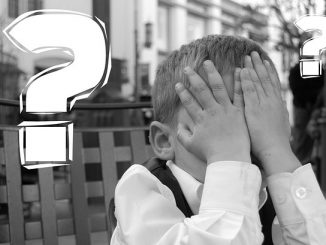
Need some questions to get your Board of Trustees thinking about Bible in Schools? Here are six simple questions that will get the conversation going and get people thinking.
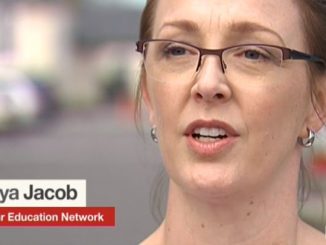
Secular Education campaigners David Hines and Tanya Jacob are over the moon about a High Court decision today (18 July) to let them take a fast-track to their day in court.

Why haven’t the Human Rights Commission said anything about religious discrimination in our secular state primary schools? For years they have ignored this issue and never made any public statements on the ethics of boards of trustees imposing Bible classes in a non-religious school.
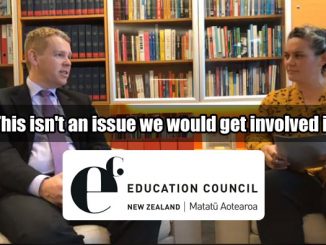
The Education Council of Aotearoa New Zealand seems content to join the list of other organisations that are happy to sit on their hands and do nothing when they should be standing up for the children who are forced out of their own classrooms, coerced into religious indoctrination, bullied and mistreated by the teachers, board members, school administration, evangelical church volunteers and parents who make it happen.
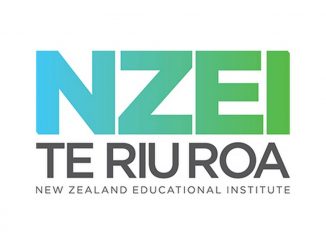
The NZEI has supported access for religious groups to our non-religious state primary schools for decades. Why haven’t they reviewed their policy and why aren’t they protecting teachers and children from this discriminatory practice?
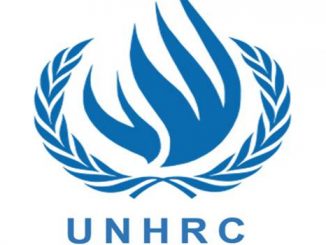
Universal Periodic Review (UPR) is a mechanism of the United Nations (UN) Human Rights Council (HRC). The HRC uses the UPR process to examine the human rights performance of all 193 UN members, including New Zealand. Tanya Jacob of the Secular Education Network has prepared the following submission. I personally find it extremely disappointing that we have to appeal to the United Nations for assistance with religious discrimination within our own secular education system when SEN have been waiting (without even an initial consultation) nearly 2 years for a Human Rights Tribunal hearing within our own country.

What happens when you try and have a discussion with a bible in schools teacher about why religious instruction isn’t a good idea? It’s not unlike beating your head against a wall!
Copyright © 2025 | WordPress Theme by MH Themes | Privacy Policy